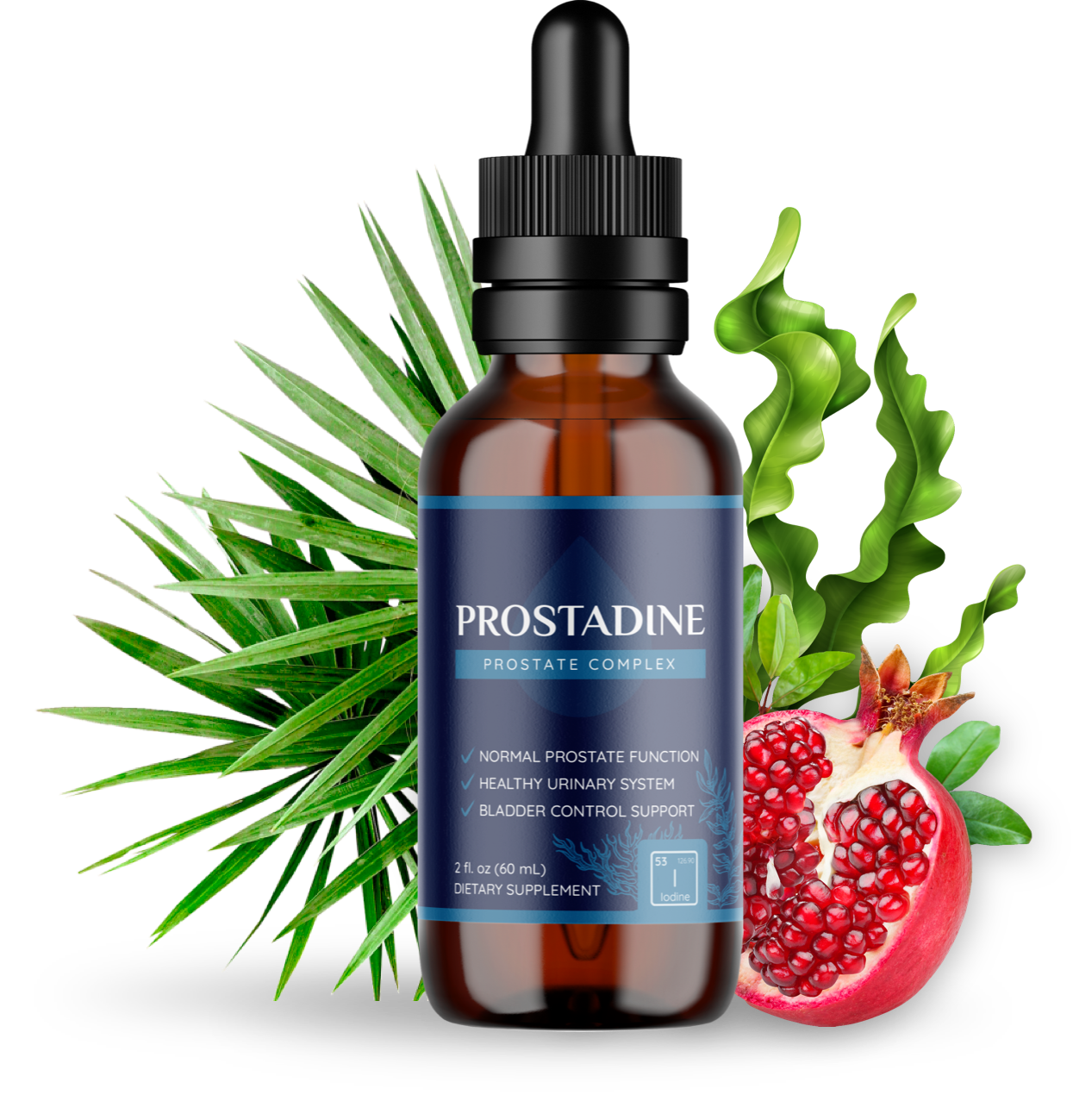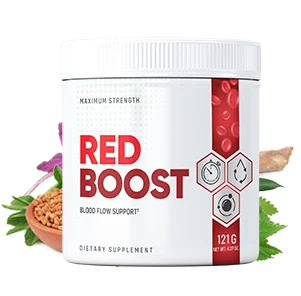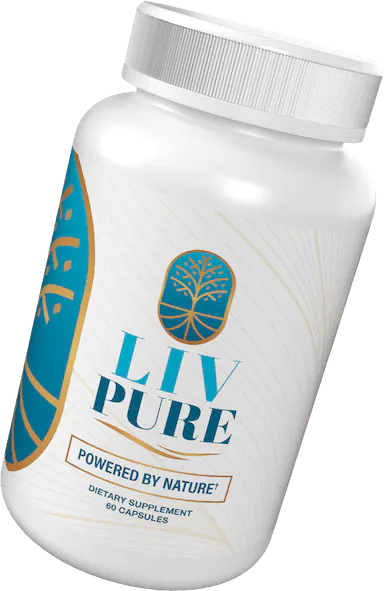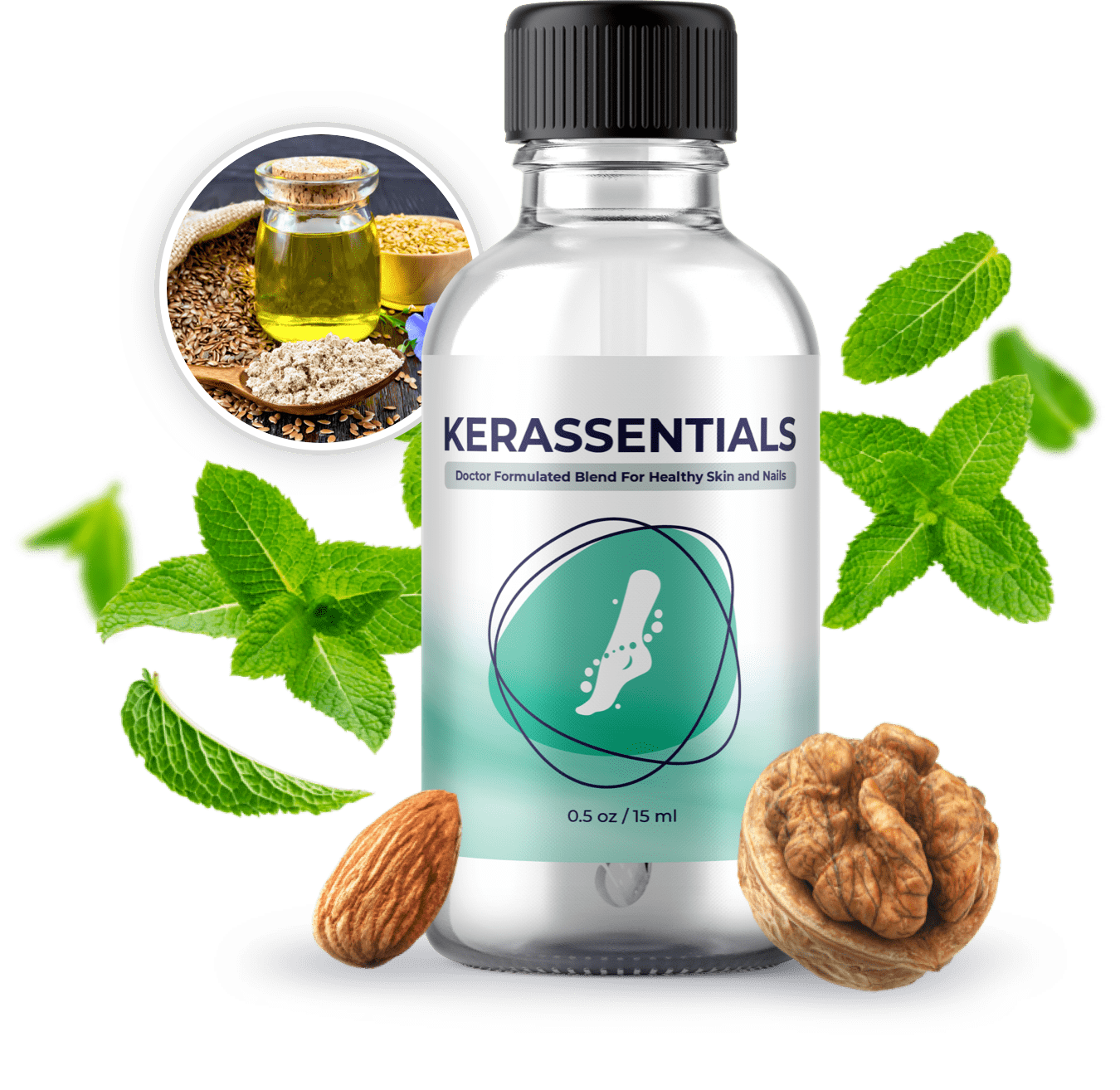“I have to fight for my life while fighting for my life.”
Forget an après glass of Champagne. After a long day on the slopes battling near-freezing temperatures, all I could dream about on a recent ski trip to Beaver Creek Village in Colorado was a bowl of the carrot soup—from Citrea’s, a Mediterranean-style restaurant that brings to life some of the Centennial State’s finest flavors—that replenished my depleted energy stores and warmed my heart and soul.
Fortunately, the restaurant’s executive chef Ryan Little gave me the recipe to take home (and share with all of you).
View this post on Instagram
How to make a healthy roasted carrot soup like a professional chef
Pop quiz: Is it better to roast or boil carrots when making soup? Little’s answer is simple: whichever cooking method will yield the most golden-brown veggies to add even more depth of flavor and dimension to what would otherwise be a potentially very bland dish. That’s because, according to Little, the secret to making a restaurant-worthy, luscious, and creamy carrot soup boils down to one thing: caramelization, aka the Maillard reaction.
The trick? Caramelizing not only the carrots but all of the veggies to unlock unholy levels of umami. Plus, Little’s version of roasted carrot soup gets help from a few tasty anti-inflammatory spices like cinnamon, cumin, and cayenne that add smokiness and heat. “Although roasting would also work to caramelize, I find caramelizing by sautéing the carrots with the other ingredients develops the flavor nicely,” he says. So just know you have options when it comes to this part of the process. Either way, a chemical reaction occurs between amino acids and reducing sugars in the food, giving way to a browned color and classic caramelized taste. Then, and only then, are the ingredients prepped and primed for turning into soup.
Tips for troubleshooting a bland-tasting soup
1. Adjust the seasoning as you go
So, you roasted or sautéed all of your veggies, but something still isn’t quite right. Little says one of the most common mistakes he encounters when making soup is a severe lack of seasoning. A simple way to troubleshoot this common error: Taste as you go (a phrase chefs live and die by). “In my carrot soup recipe, I recommend blending and tasting each batch, that way you can season it to exactly what you want it to taste like,” he explains.
2. Avoid adding too many mismatched ingredients
Another common mistake? “Overthinking the recipe and adding too many ingredients,” Little says. “A soup can be beautifully simple. To make my carrot soup recipe, you want to taste the carrot because it’s the star of the dish,” he says. This is where the chef urges folks to unleash their creative freedom and balance the flavors to best satisfy their palate. “A recipe is just a baseline—you should be tasting as you go and can follow your instincts to what you think may highlight the carrot flavor.”
3. Make use of flavor-enhancing ingredients to find harmony
To this end, Little says don’t be afraid to tap into a few surprising ingredients to help transform carrot’s vitamin-rich, immune-boosting, and anti-inflammatory properties into something spectacular. Is the soup too acidic? A touch of maple syrup can add a hint of sweetness. Or, if you need some heat and prefer a spicy roasted carrot soup? A little jalapeño can do the trick.
“I also love adding a little lemon juice and just a pinch of cayenne pepper to heighten the flavors,” Little says. “Or, depending on the flavor profile, a splash of sriracha is also a great addition.”
To turn this into a protein-rich soup, simply add the protein source of your choice—and garnish with ingredients like toasted hazelnuts or roasted pepitas.
4. Enlist the help of the right cooking tools
The number-one tool on Little’s list may surprise you, but it makes so much sense: It’s your palate. “Tasting as you go is what will make the dish best,” he says. But, of course, there are a few other things you’ll need to make this roasted carrot soup recipe a success, such as a good, sharp knife, a large pot, a conical-shaped, fine-mesh strainer (for a creamier texture), and a blender (a blender soup necessity, obvi).
Pro tip: Too many carrots leftover? Keep carrots in water so they’ll stay fresher for longer. However, you’ll need to change out the water frequently to avoid the potential growth of any harmful bacteria. Consider using the leftovers to make this raw carrot salad backed with immune-boosting benefits.
Moroccan-inspired spiced carrot soup recipe
Yields 5 servings
Ingredients
Cooking oil of choice
10 carrots, peeled and roughly chopped
1 yellow onion, roughly chopped
2 stalks celery, roughly chopped
5 cloves garlic, peeled, whole
3 knobs ginger, peeled and roughly chopped
2 cups white wine
5 cups water
1 teaspoon cinnamon
2 tsp cumin
1 tablespoon lemon juice
1 Tbsp orange juice
Pinch of cayenne pepper
Honey, to taste (can substitute with maple syrup)
Salt, to taste
Butter, to taste (can substitute with vegan option)
1. Heat a stainless steel pot over medium heat, and cover the bottom with oil. Add carrots, onions, celery, garlic, ginger, and caramelize. (Alternatively, toss the veggies in oil and roast them on a parchment-lined sheet pan at 425°F for about 20 minutes, or until cooked through and slightly charred then transfer to a steel pot heated over medium.)
2. Pour the white wine into the pot, then add the remaining ingredients.
3. Bring to a boil, and simmer until carrots are soft.
4. Blend in batches with butter, salt, and honey to taste in each batch.
5. Strain through a chinois (conical-shaped, fine-mesh strainer).
6. Serve with candied hazelnuts as garnish if desired, and enjoy!
Because you can never have too many immune-boosting roasted carrot soup recipes in your arsenal:
Recommended Story For You :

The alpine secret for healthy weight loss

The Most Potent Fast-Acting Formula For Incinerating Stubborn Fat

Real Cortexi Users Real Life‑Changing Results

This Cold Drink Might Trigger Your Prostate

Red Boost is a powerful new formula for boosting male sexual health.

Everything you eat or drink eventually reaches your liver for processing.

Brand New Probiotics Specially Designed For The Health Of Your Teeth And Gums

Empowering You to Take Control of Your Blood Sugar Health!

Scientists Finally Discover the Root Cause of Belly Fat and Unexplained Weight Gain





